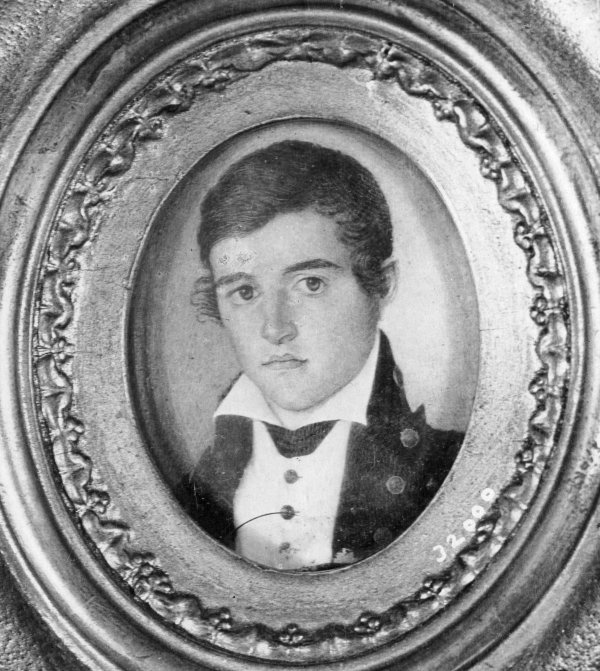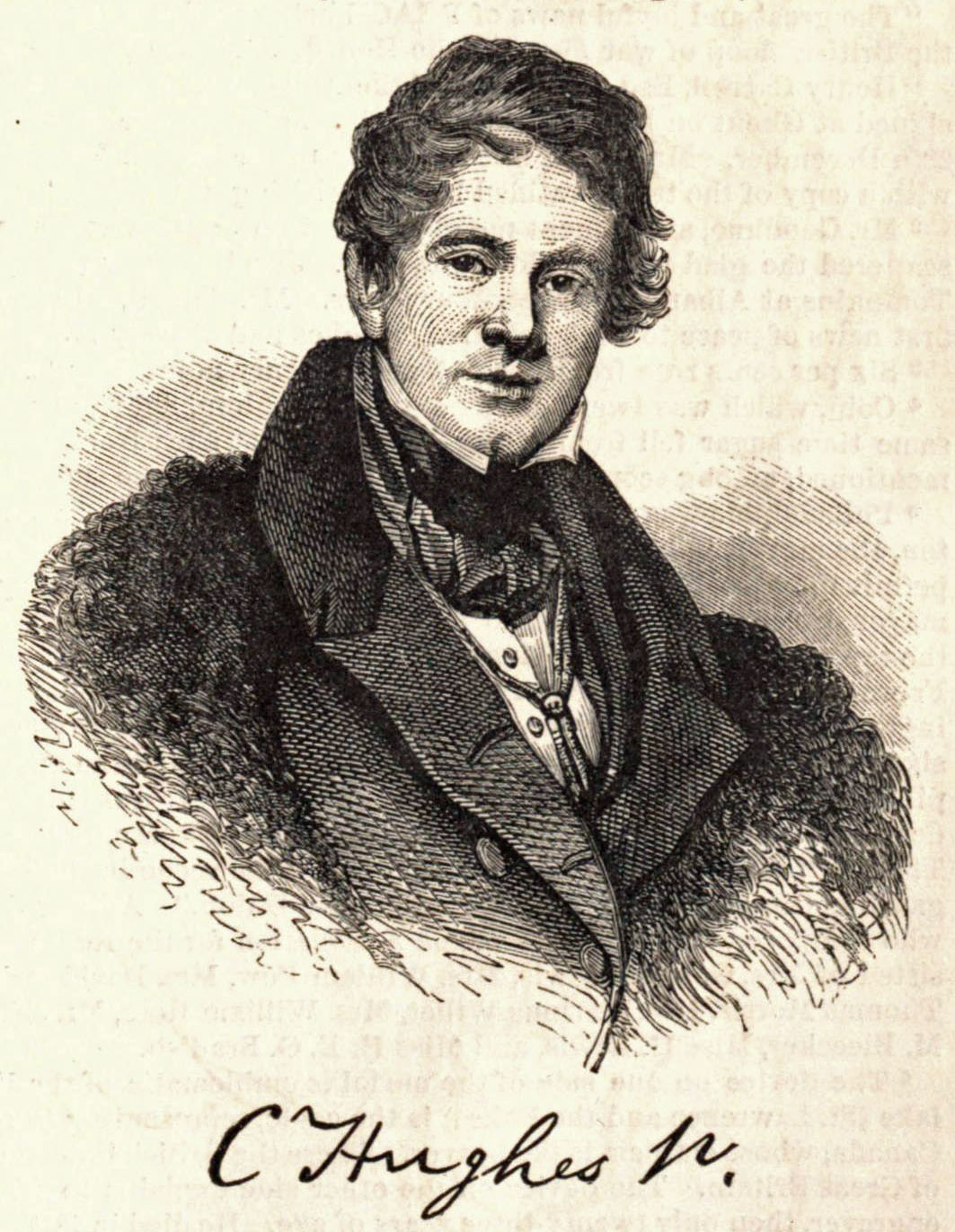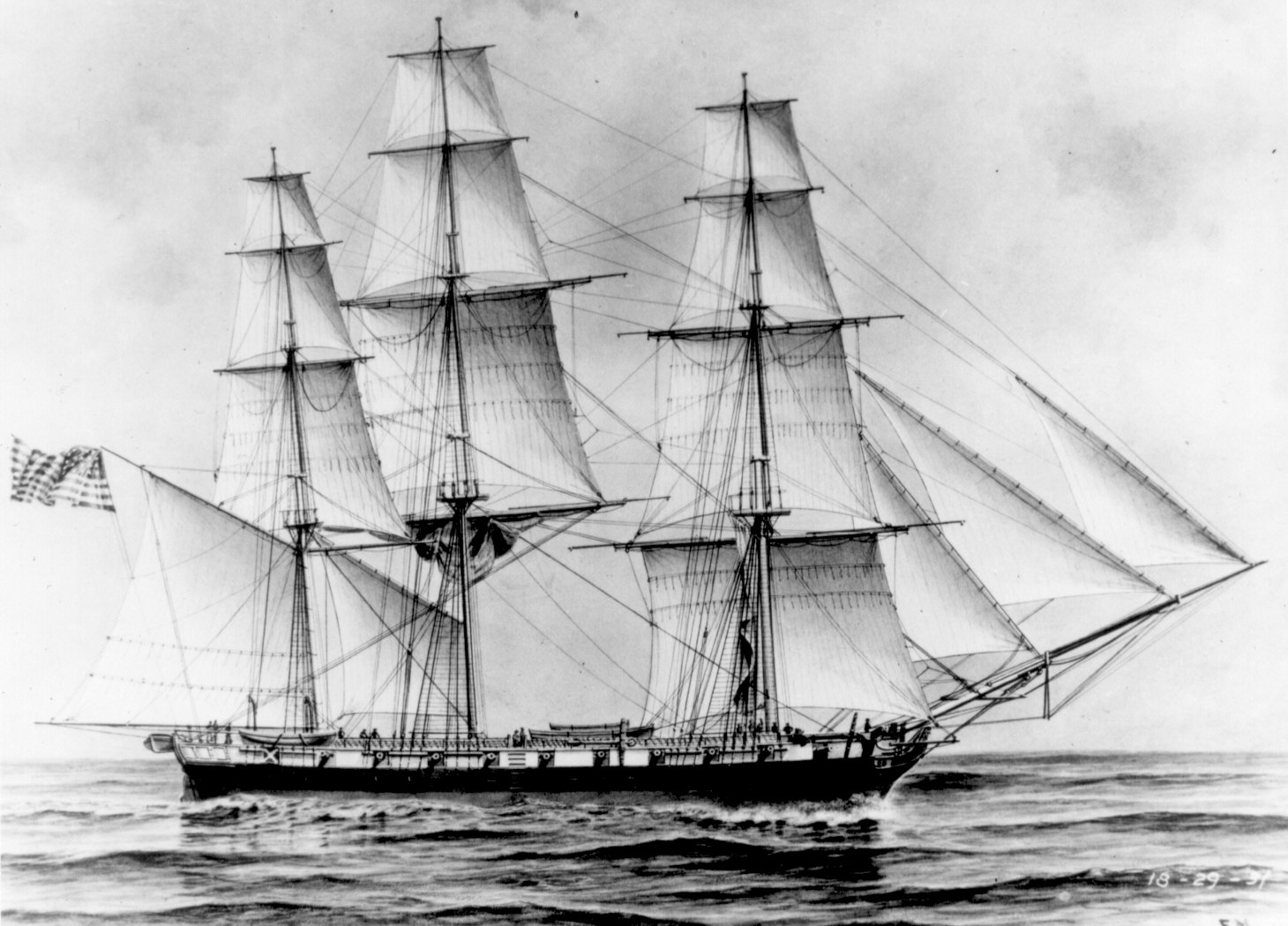On January 1, 1814, two Baltimore newspaper editors reflected on the struggles of the war. William Pechin, editor of the American and Commercial Daily Advertiser published at 4 Harrison Street (near the site of the Baltimore City Police Department headquarters on Fayette Street) wrote:
“In taking a retrospective survey of the last twelve months, in a national point of view, although there may be much to deplore and regret, still we are not destitute of many proud and triumphant causes for the elevation of the American feeling, calculated to exclude any thing like sadness or despondency.”
Pechin, a 40 year-old Philadelphia native, personally championed a Baltimore petition to advocate for the declaration of war that arrived in June 1812. Despite the recent U.S. retreat from Canada in October and the attack on Buffalo just two days prior, Pechin had lost none of his patriotic zeal continuing:
“The position we have been compelled to take to defend ourselves against the encroachments of British tyrrany, should call forth the zealous support of every American that has the vigor and spirit to wield a sword.”
The influential and nationally-circulated Niles’ Weekly Register, published by Hezekiah Niles, offered a more sober account:
“The present appears the most dreary sheet we have had yet to publish. The career of calamity seemed, for the moment, to overwhelm the soberness of reason, and place the mind in a state that has been aptly compared to the condition of ‘fishies frozen up in a pond.’”
Sources
January 1, 1814, Niles’ Weekly Register, “State of the War – Editorial Remarks,” p.299
January 1, 1814, American Commercial and Daily Advertiser, p.2





